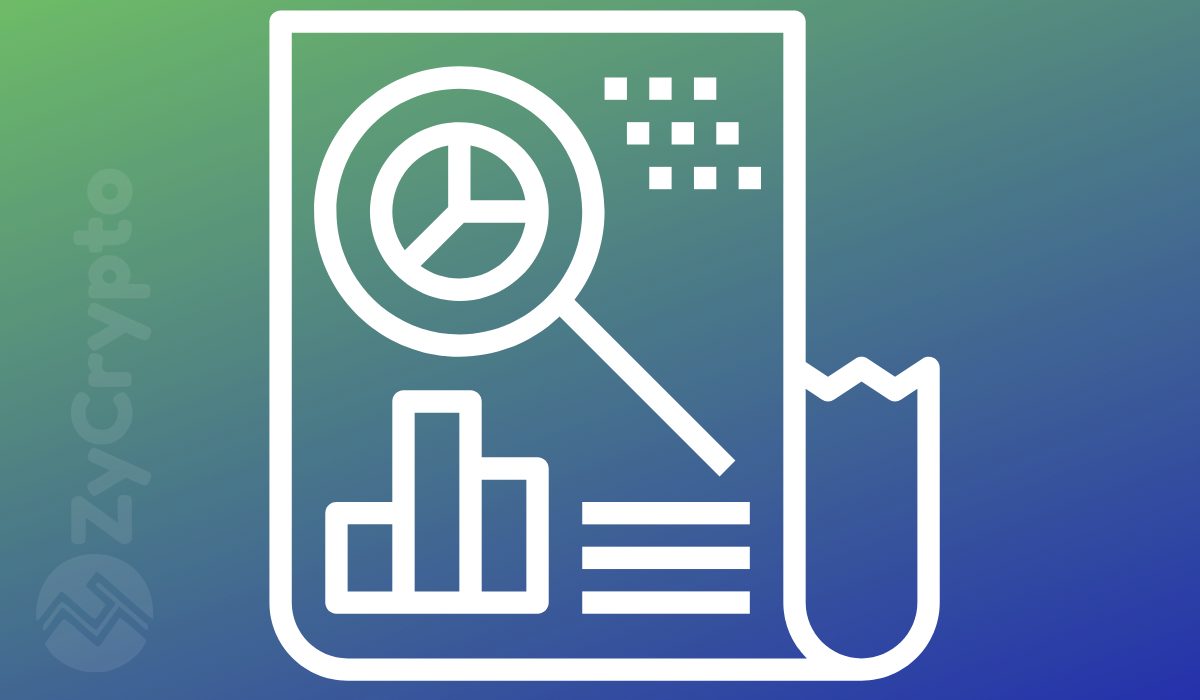The question of Ripple’s centralization has long been a serious bone of contention in the crypto community. Recently, XRP investors threatened to instigate a hard fork if Ripple did not stop tampering with the XRP market, even after Ripple CEO Brad Garlinghouse attempted to cool down the spiraling state of affairs.
In an elaborate Twitter thread, David Schwartz, Ripple CTO, and XRP Ledger architect, also addressed the XRP distribution issue, to some degree, stating that he is “concerned” about it but he can’t say much because he cannot talk “freely and honestly”. He, however, goes ahead to say that he is working on ideas for the improvement of the XRP Ledger, particularly on decentralization and security.
Ripple’s Grand Strategy
David Schwartz said he is working with Evan Schwartz, co-inventor of Interledger protocol and Ethan Beard, senior vice president of Xpring at Ripple, to tackle decentralization and security of the blockchain. Schwartz explains that Ripple’s strategy is to boost the Interledger Protocol (ILP) which was created to facilitate seamless payments across payment networks.
He stated:
“The big picture strategy hasn’t changed. Work with the ILP community to position ILP as the TCP/IP of value – a neutral, simple protocol that can support any kind of value on any ledger. Work with the XRP community to position XRP as the best currency to use with ILP.
The XRP ledger proposals that I’ve been working on the most fit into that strategy. They improve decentralization, reliability, security, performance and ILP interoperability.”
He further clarifies that he is working on the “operational” decentralization of the XRP ledger, not XRP coin, which has the potential to improve over time. As per Schwartz, Proof of Work (POW) is potent as a decentralization measure but is a “technological dead-end”. Distributed agreement algorithms, on the contrary, can be further enhanced.
In addition, Schwartz opined that one of the proposals he’s working on is designed to considerably tweak partition tolerance, a critical flaw that struck Stellar Lumens blockchain not so long ago.
XRP Distribution Conundrum
Ripple Labs has clearly had a complex relationship with XRP – at times accused of its huge sales of XRP asset to institutions and exchanges, while other times the company has faced class-action lawsuits claiming XRP is unregistered security. Yet, XRP’s distribution has proved to be the incessant elephant in the room.
At present, Ripple controls more than half of the total XRP supply and most XRP investors are not comfortable about this.
This appears to be a concern for the CTO as well, but he feels obliged to keep mum about it.
“I am concerned about XRP distribution. I just have to be more careful about what I say for somewhat obvious reasons and when I can’t talk freely and honestly about something, I generally prefer not to say very much at all,” Schwartz concluded.






